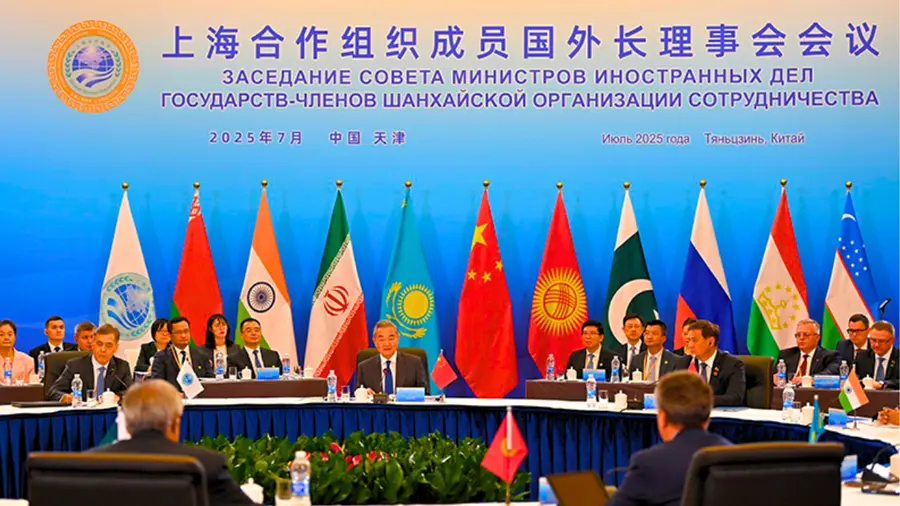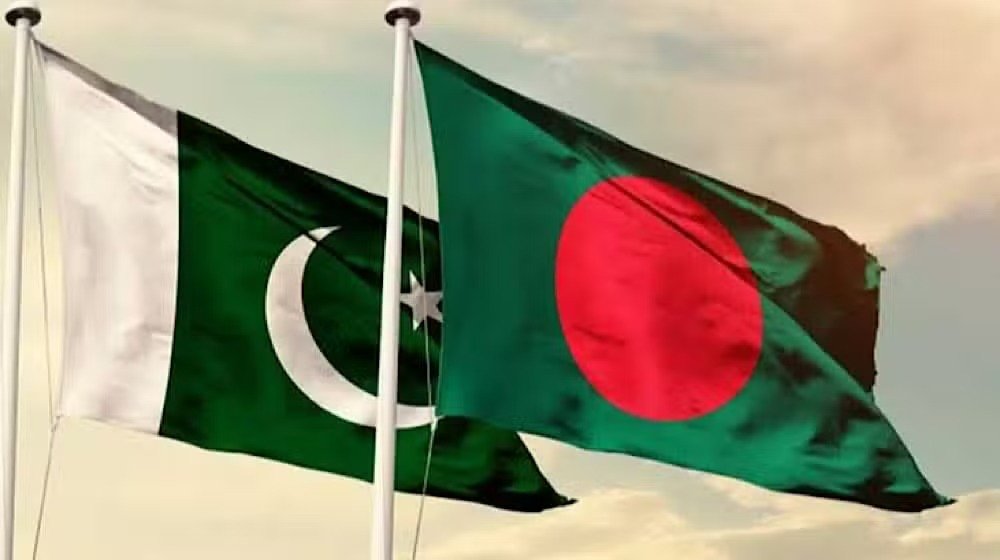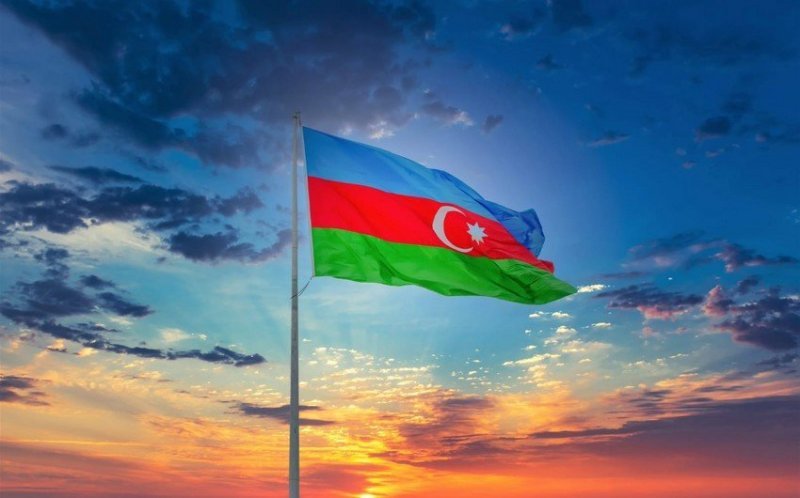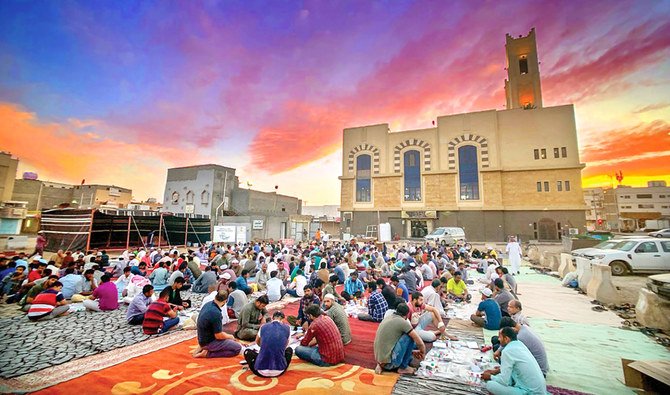The Shanghai Cooperation Organization (SCO) Summit, scheduled to take place in Tianjin, China, between August 31 and September 1, is much more than an ordinary diplomatic meeting. It is a test of the strength of Eurasian multilateralism when the world is experiencing increasing fragmentation of global governance, geopolitical polarization, and growing economic insecurity. In the case of Pakistan, a member since 2017, the summit offers not only a platform to express its geostrategic interests but also a chance to redefine its position within a changing political and economic landscape of Eurasia.
When it was initially established in 2001, most people in European capitals disregarded the SCO as a distant regional security organization whose major purpose was to combat the three evils of terrorism, separatism, and extremism. It has since grown to be the largest regional body in the world based on both geographical size and population, covering almost half of the worldwide population and a substantial share of its GDP. The subsequent integration of India and Pakistan into the SCO in 2017, along with the awarding of observer or dialogue partnership status to such countries as Iran, Turkey, and Saudi Arabia, has made the SCO a platform that goes beyond security issues towards energy, digital connectivity, infrastructure, and regional development.
This year, the summit is likely to take on a critical tone as it aligns with a variety of geopolitical shifts. To begin with, China and Russia are the two pioneer members of the SCO, and are experiencing a new wave of tension with the West. Moscow continues to deal with the consequences of the war in Ukraine and Western sanctions, and Beijing is trying to cope with rising technological and trade tensions with the United States. Second, the persistent tension in Afghanistan, including the fallout of terrorism and narcotic drug trafficking, has been a continuing nightmare in the region. Third, economic fragmentation, climate change, and food security crises have appeared as shared dilemmas that need multilateral solutions.
The timing of the summit is especially important to Pakistan. Islamabad now finds itself in a precarious position, trying to balance its relationship with China and Russia on the one side and its links with Western powers and financial institutions on the other, which has now become a balancing act in strategic agility. SCO provides Pakistan with a diplomatic window to cement its stance in Eurasia. It also gives Islamabad a platform to achieve economic diversification through connectivity projects, energy partnerships, and digital applications, all of which are aligned with the ongoing economic recovery agenda within the country.
The most pertinent implication of the SCO to Pakistan is regional connectivity. Pakistan, a pivot state in the China-Pakistan Economic Corridor (CPEC), enjoys this geographical privilege of connecting Central Asia, China, and the Middle East with the Arabian Sea. The SCO structure can further enhance this role by integrating CPEC into a broader loop of Eurasian connectivity plans. In the case of Pakistan, the ports located in China are very vital to bypass maritime choke points like the Strait of Malacca. Russia and Central Asia can get a direct energy and trade route to the warm waters through Pakistan. The SCO can help Islamabad institutionalize the corridors in a multilateral framework, providing its connectivity agenda legitimacy and strength.
The other area where Pakistani involvement is critical is security. The revival of the terrorist networks in Afghanistan and the infiltration into the Pakistani areas along their borders is an urgent issue. The SCO Regional Anti-Terrorist Structure (RATS), located in Tashkent, offers a convenient framework to exchange intelligence and conduct multi-lateral counter-terrorism actions. The long and hard-gained counter-terrorism experience that Pakistan has gained at enormous human and financial cost can be presented as an asset to the SCO arrangement. Simultaneously, the platform can also aid Pakistan in gaining more regional concern about the risks of cross-border militancy and the necessity of comprehensive, instead of selective, approaches to counter-terrorism.
The Tianjin summit will also shed light on the economic and technological cooperation increasingly gaining prominence within the SCO. China has already offered proposals to support digital trade, the creation of e-commerce platforms, and financial collaboration among SCO members. Pakistan, where the digital economy is in its infantile phase but is growing exponentially, needs to take its share in these proposals. Pakistan has a young population and a growing internet connection, making it a potential digital hub in the Eurasian region, so long as the country attracts investment, training, and transfer of technology using SCO platforms. This necessitates Pakistan policymakers to move beyond the realms of security thinking in the SCO and rethink the economic and digital components of the organization with more vigor.
The SCO is maturing into a platform that only reflects the agreements of a divided and interconnected world. The path in front of Pakistan is evident: to use this multilateral moment to increase its network, strengthen its security, and find a niche in the Eurasian order that is now being built.













